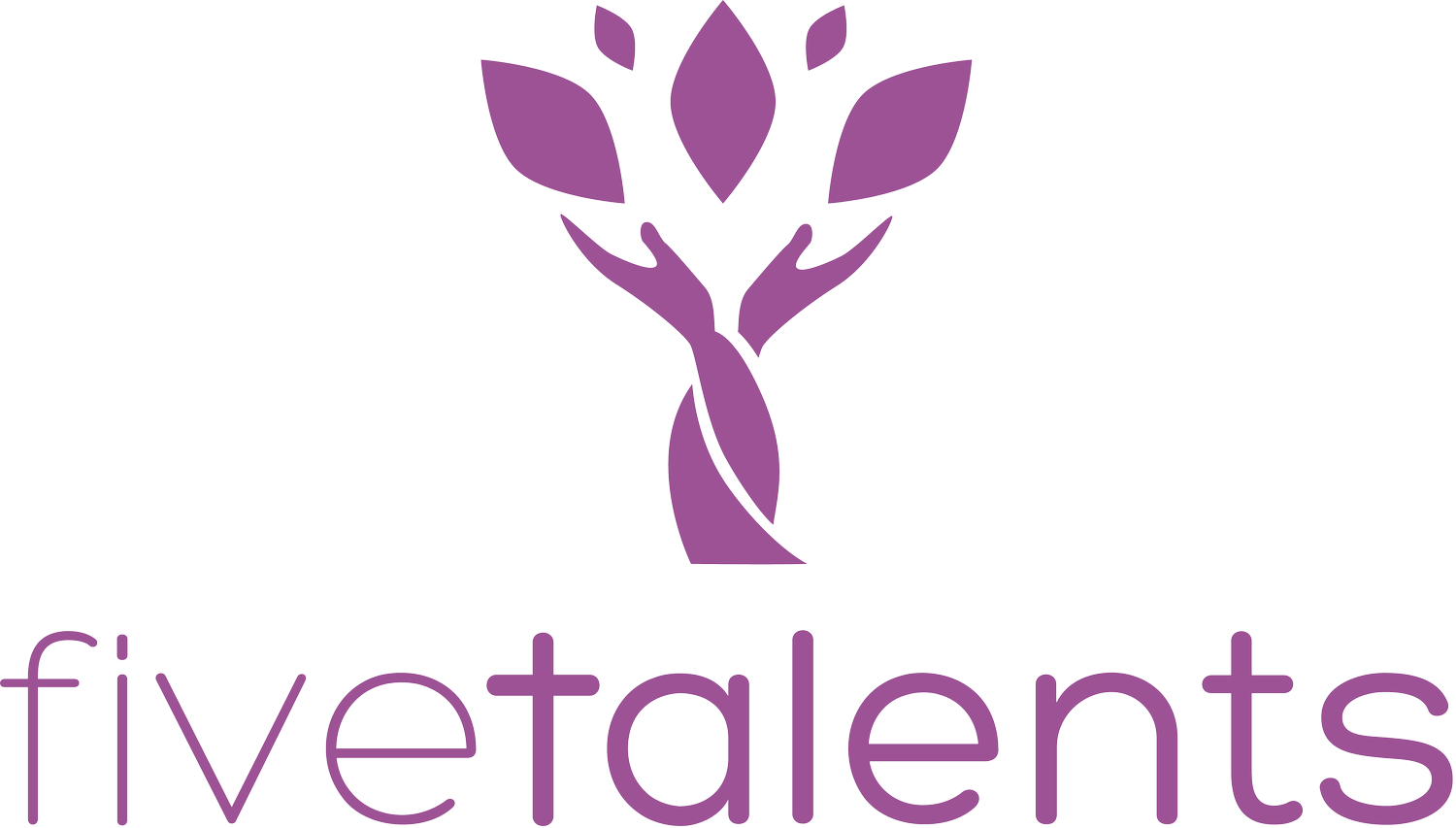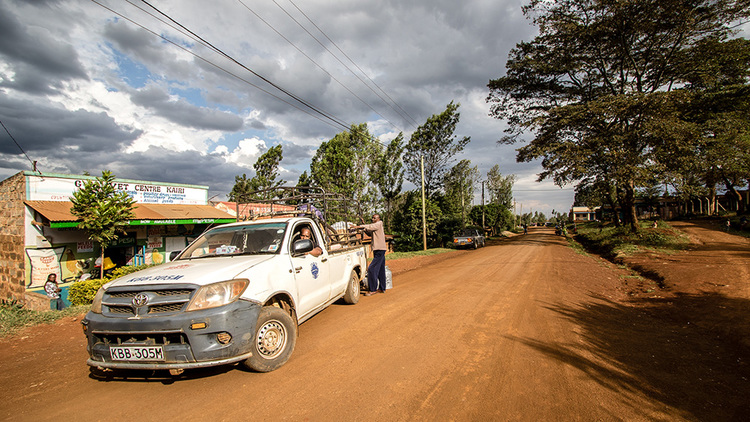A decade ago, two out of every three Kenyans made their living as farmers. While the numbers have changed slightly, the vast majority of Kenyans are involved in agriculture or animal horticulture.
This has meant good business for Geoffrey Mwangi (29), a qualified vet who also owns a supply shop that serves the local community of pastoral farmers in Kairi.
Although Geoffrey is single and has no children of his own, following his graduation from Veterinary College in 2010, he found himself supporting his parents financially. He also offered to help pay his sister's school fees. Even as a qualified vet, this was a strain on his limited finances, and when a friend asked him to move to Kiari to take employment as a sales representative in another veterinary practice, he jumped at the opportunity.
In Kiari, Geoffrey found himself attending the local Anglican church, along with many of his clients. It was here that he was introduced to TCDT, the local Five Talents partner programme, and given the opportunity to join the Trust Group and start saving small amounts on a regular basis. After six months he had saved approximately ksh50,000 ($500).
'Before joining the group, I had many financial problems because I had nowhere to start financially. The reason I started to save was to have my own business – this has always been my vision right from the start. This is what I started saving for. I did not have enough savings to get a loan from a bank but the microfinance programme helped me to save enough. Because my income was very low when I first left college and I needed a large capital I had to save bit by bit, in small steps.
I took my first loan in 2012 for ksh100,000 ($1,000). I then bought my first motorbike which I used it in my field work when serving my customers. There was a very high return, it made travelling around convenient and easy and I was enjoying having it. I was able to repay it within 6-8 months. During this time, I was still employed in the Veterinary shop as a Sales Representative.
After another 6 months, I borrowed another loan which I used to restock the shop where I was working. I think it was for ksh150,000 ($1,500). Once I had repaid that loan I borrowed another loan straight away for ksh120,000 ($1,200) and bought another motorbike. The first motorbike I bought is rented out as a Boda-boda to generate some more income. I rent it for ksh300 ($3) a day, and on average I rent it out 6 days a week as we do not work on Sundays.'
In addition to access to loan capital and the resulting income streams, Geoffrey has also begun to receive small dividends from the group. These enabled Geoffry to earn an interest on his savings for the first time at a rate higher than savers in the UK can currently earn. And that's not all. Foundational business training is an integral element of each of the Five Talents programmes, and Geoffrey received a series of courses on financial literacy and business planning and best practice. In May 2014, following the completion of his financial training, Geoffrey took the plunge and borrowed ksh200,000 ($2,000) to start his own veterinary business. Members of the Five Talents team met up with Geoffrey during a visit to the area in November 2015.
'So far I think it has changed my life by 360 degrees. Everything that I have now can be traced back to the Trust Group. As a person who had no idea where to start, I was able to work and save enough to purchase my motorbikes and even get a bigger loan to start my own business. Now I am my own boss. I have also bought somewhere to build my own house.
The best thing that I have learned from the group is that unity will give you a bigger step ahead rather than accumulating just your own savings. It is very hard to keep your own savings because at any time you can go and get them and misuse them. When you are part of such a group, you know that what you are borrowing is directed to a specific activity that you want to undertake, and that activity must be profitable.'
The World Bank estimates that 80% of sub-Saharan Africa is unbanked. This is sometimes because the bank is simply too far or expensive for them to reach. Low levels of education mean that many lack the ability to negotiate the complexities of a formal bank. In many cases, the bank views these people as simply too risky to work with. The impact of that even the most simple financial infrastructure on the lives of entrepreneurs like Geoffrey is clear to see. Learn more about Five Talents programs in Kenya.
Published by Five Talents UK. Images by Adam Dickens Photography.


